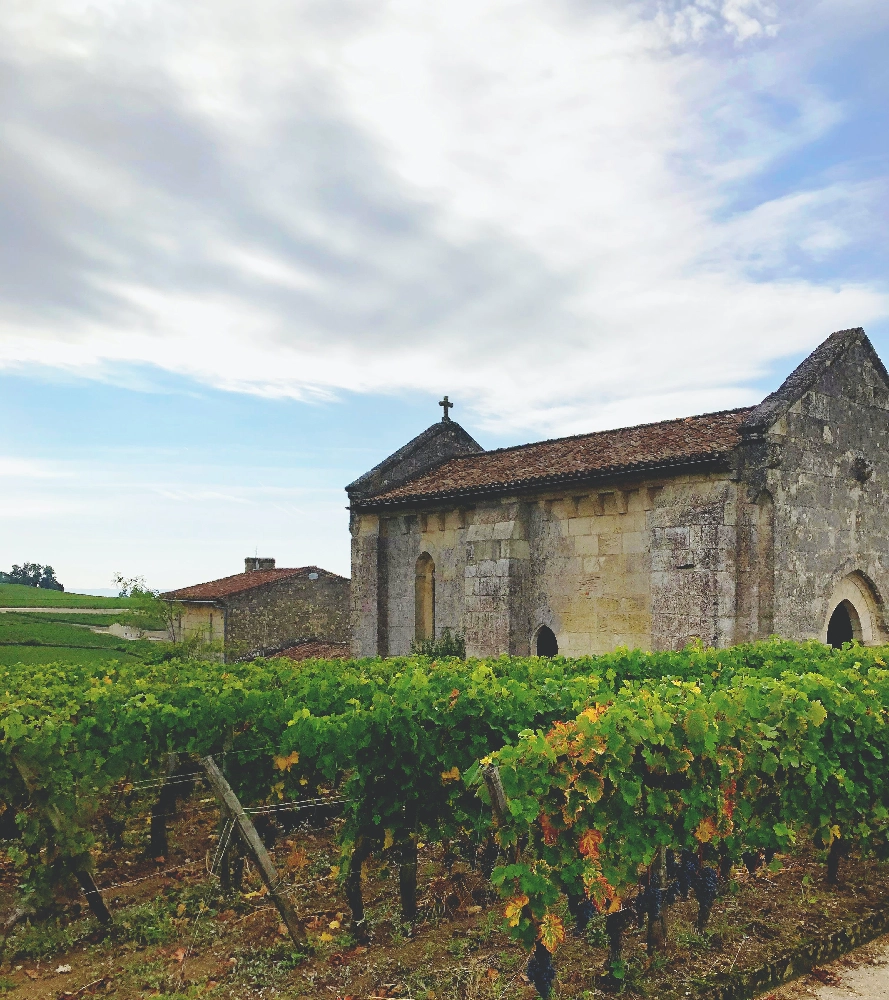
Ararat Wineries & Wines Stats
Wineries
12
Wines
94
Ararat: A Cultural and Viticultural Nexus of Ancestral Wine Traditions
Introduction: Ararat, a region located in the southern part of Armenia, has been an essential crossroads of ancient wine-making traditions for millennia. This cultural wine impact review delves into Ararat's rich history, unique wine styles, grape varieties, and traditional food pairings that have shaped its viticultural landscape and continue to captivate the global wine community.
Background: Ararat is a region steeped in history and spiritual significance for the Armenian people, who trace their ancestry back over 3,000 years. Ararat is referenced numerous times in the Old Testament as the biblical Mount Ararat, where Noah's Ark came to rest after the Great Flood. The area has been a hub of agricultural innovation and wine production since ancient times, with evidence dating back to 4000 BC (Karstens et al., 2013).
Wine Styles & Ancestral Connections: Ararat's wine styles reflect its ancient heritage, with a focus on producing distinctive, well-balanced wines that capture the essence of their terroir. Wines from Ararat can be categorized into several distinct styles, including:
1. Kvaso (Qvevri) Wine: This traditional method involves fermenting grapes in large clay jars called Qvevri, which are buried underground. This ancient winemaking practice preserves the authenticity of Ararat's unique terroir and imparts distinct flavors and aromas to the wine. 2. Areni Wine: Named after the village of Areni in Ararat, these wines are known for their bright fruit flavors, balanced acidity, and complex tannin structure. Areni wines are primarily made from the indigenous Areni grape variety, which is believed to be one of the oldest cultivated grapevines in the world (Poblet & Bokulich, 2018). 3. Fortified Wine: Ararat's fortified wines, such as the renowned Khndokhani brandy, are a testament to the region's resilience and adaptability. These wines are produced using traditional methods that involve grape distillation and aging in oak barrels, resulting in rich, complex flavors and long-lasting character.
Grapes & Terroir: Ararat is home to a diverse array of indigenous and international grape varieties, each contributing unique characteristics to the region's wines. Some of the most notable grapes include:
1. Areni: As mentioned earlier, Ararat's flagship grape variety is believed to be one of the oldest cultivated grapevines in the world. The red Areni grape produces wines with bright fruit flavors and complex tannin structure. 2. Khatun Kari: This red grape variety is native to Ararat and contributes to wines with medium to full body, balanced acidity, and distinct spicy notes. 3. Saperavi: Originally from Georgia, this black grape variety has gained popularity in Ararat due to its ability to adapt to various climates and produce robust, full-bodied wines.
Food Pairings & Cultural Connections: Ararat's rich culinary traditions are closely intertwined with its wine production. Some classic food pairings include:
1. Lavash Bread & Cheese: A traditional Armenian flatbread, lavash, is often served with various types of local cheeses. Ararat wines, particularly white varieties like Tsolikouri or red wines like Kisi, complement the rich and savory flavors of these dishes. 2. Kebab & Pilaf: Ararat's kebabs, made from marinated meats and vegetables skewered and grilled over an open flame, are a regional specialty. These hearty dishes pair beautifully with bold red wines like Saperavi or Areni. 3. Harissa & Dolma: This vegetarian dish consists of stuffed grape leaves (dolma) or peppers (harissa), flavored with aromatic herbs and spices. The acidity and herbal notes in white Ararat wines like Moskofilero or Tsolikouri perfectly complement these dishes.
Conclusion: Ararat's cultural wine impact is a testament to its deep-rooted history, unique terroir, and resilient winemaking traditions that have thrived for millennia. From the ancient practices of Kvaso winemaking to the modern innovations of international grape varieties, Ararat continues to captivate the global wine community with its authentic wines and rich culinary traditions.
References: - Karstens, S., et al. (2013). Wine Grapes. Unwin & Brooks. - Poblet, B., & Bokulich, N. (2018). The Oxford Companion to Wine. Oxford University Press.
